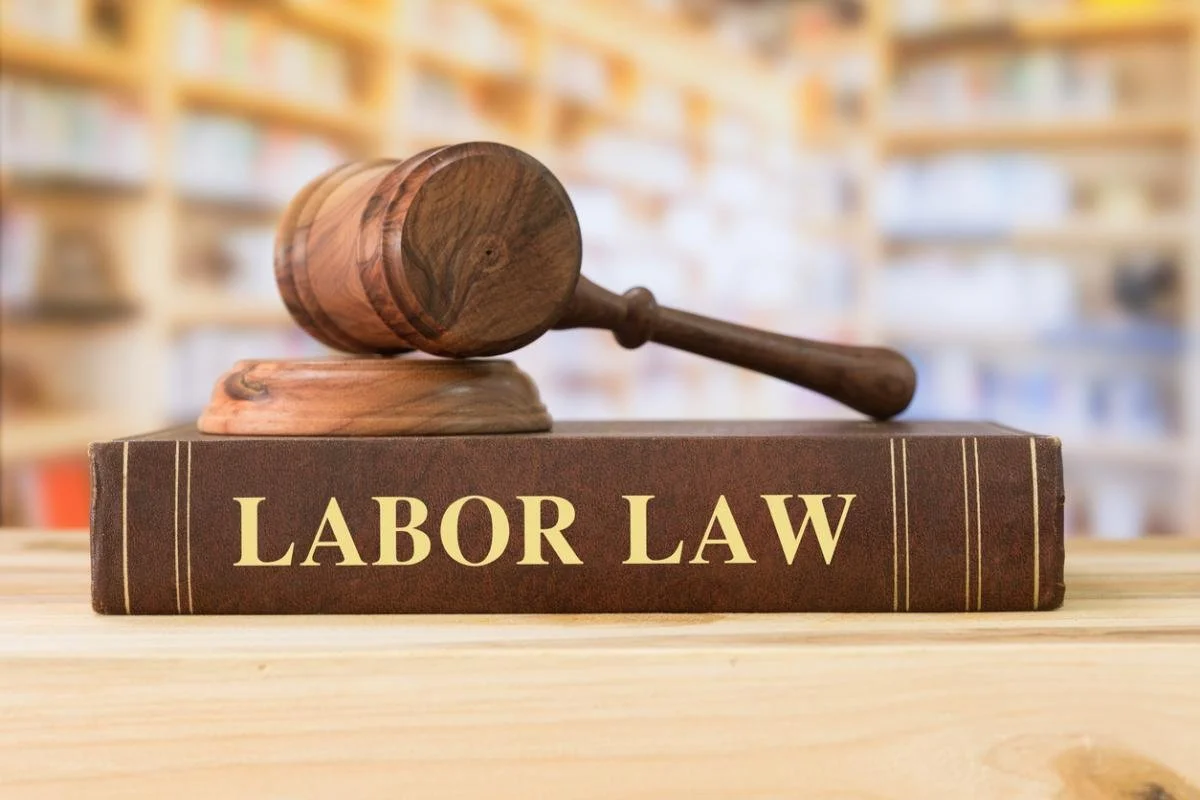Did Merrill Lynch Issue Inaccurate Pay Stubs to Their Employees?
/A California employee has filed a lawsuit against Merrill Lynch, alleging the company violated state labor laws by issuing inaccurate or incomplete wage statements.
Case: Nancy Jauregui v. Merrill Lynch, Pierce, Fenner & Smith Incorporated
Court: os Angeles County Superior Court
Case No.: 30-2024-01400634-CU-OE-CXC
Jauregui v. Merrill Lynch: The Plaintiff's Allegations
Plaintiff Nancy Jauregui filed the lawsuit on May 20, 2024, in Orange County Superior Court, asserting claims related to labor law violations. While specific employment details have not been publicly disclosed, Jauregui is bringing the claim as an individual, alleging that she and possibly other employees received improper wage statements during her tenure with the company.
The Allegations Listed in the Labor Law Complaint:
The complaint, filed as a labor dispute categorized under "Other Labor," centers on alleged violations of California Labor Code Section 226, which governs the accuracy of wage statements and pay stubs. While the filing does not currently include detailed public allegations, the title and nature of the case suggest concerns about missing, incomplete, or incorrect information on employee pay stubs, such as pay period dates, hours worked, or applicable wage rates.
Learn More About the Defendant:
Merrill Lynch, Pierce, Fenner & Smith Incorporated is a well-known financial services and wealth management firm operating throughout the United States, including California. The company employs numerous staff members in various roles, including support, administrative, and advisory positions. In this case, Merrill Lynch is accused of violating California's strict labor code regarding employee pay documentation.
Key Legal Question: Jauregui v. Merrill Lynch
The core legal question is whether Merrill Lynch failed to provide wage statements that meet California's strict itemization requirements and whether such violations entitle the plaintiff (and potentially others) to statutory penalties.
Legal Implications: Jauregui v. Merrill Lynch
Even without evidence of wage underpayment, California law provides penalties for technical violations of wage statement requirements. If Jauregui proves that Merrill Lynch failed to issue pay stubs containing required elements—such as hours worked, hourly rates, or pay period dates—the company could face statutory penalties of up to $4,000 per employee, in addition to attorney's fees and costs. The case also reinforces employer obligations regarding payroll transparency, even in high-salaried industries such as finance.
Jauregui v. Merrill Lynch: The Employer's Position
As of now, Merrill Lynch has not publicly responded to the lawsuit, and no defense filings have been made available. In similar cases, companies often assert that any wage statement deficiencies were minor, unintentional, or quickly corrected. The company may also seek to challenge the scope of the claims or prevent the case from proceeding on a broader representative basis.
Why This Case Matters: Jauregui v. Merrill Lynch
This case serves as a reminder that California's labor protections apply to all employers, regardless of industry. Even in professional settings, administrative oversights in payroll can trigger lawsuits and penalties. For employees, this case underscores their right to receive clear and complete wage statements as mandated by law.
What Comes Next for Jauregui v. Merrill Lynch
Filed on May 20, 2024, in Orange County Superior Court's Civil Complex Center, the case is in its earliest stages. Merrill Lynch will likely respond within the court-mandated timeline. If the case proceeds, it could involve discovery, pre-trial motions, and potential efforts to settle or dismiss the complaint. As of now, no class or representative claims have been indicated, and the case remains listed as "Not Classified by Court."
FAQ: Jauregui v. Merrill Lynch
Q: What does California law require on a pay stub?
A: Labor Code § 226 mandates that wage statements include the pay period dates, total hours worked, hourly rates, gross and net wages, and other specific line items.
Q: What are the penalties for inaccurate wage statements?
A: Employees can recover up to $50 for the first pay period violation and $100 for each subsequent pay period, up to a maximum of $4,000, plus court costs and attorney's fees.
Q: Is this a class action?
A: No. As of now, the case is filed by a single plaintiff and has not been certified or proposed as a class action.
Q: What should employees do if they suspect their pay stubs are incorrect?
A: Employees should document the discrepancies, request clarification from their employer, and consider consulting a labor attorney to determine if their rights have been violated.
Do you have questions about filing a California labor law complaint? Please contact Blumenthal Nordrehaug Bhowmik DeBlouw LLP. Knowledgeable employment law attorneys are ready to assist you in various law firm offices in Riverside, San Francisco, Sacramento, San Diego, Los Angeles, and Chicago.




